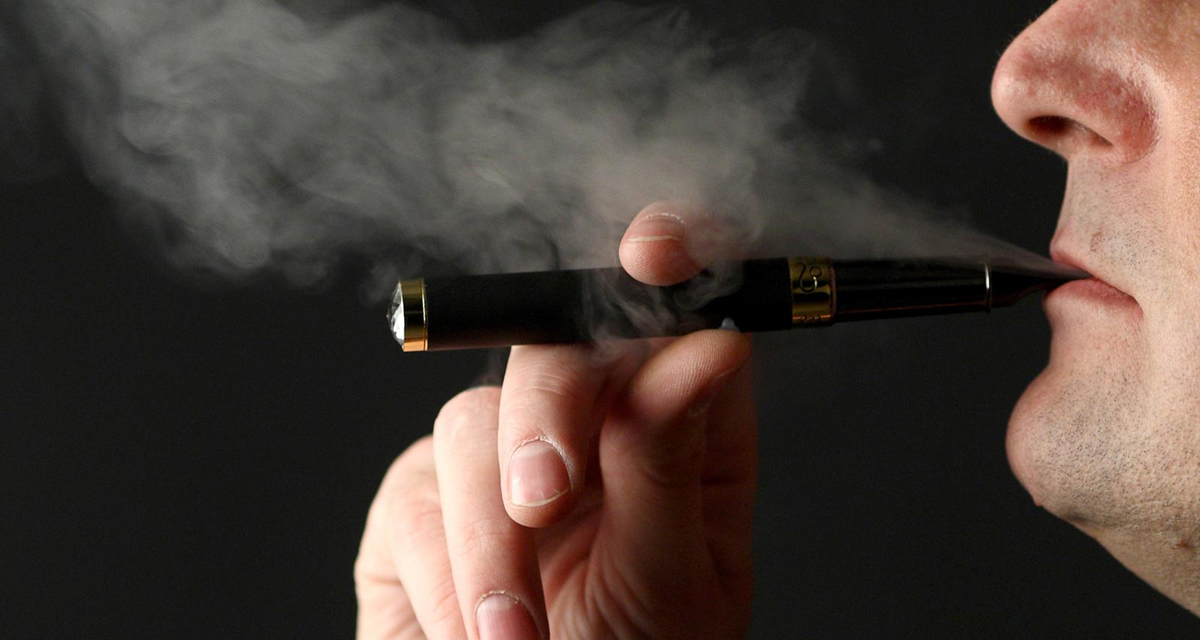In Croatia, a significant increase in excise taxes on tobacco products, including e-liquids for electronic cigarettes, has been proposed. The association of personal vaporizer users CROHM strongly opposes this proposal, stating that the increase in excise taxes on e-liquids by up to 1600% threatens public health as it may push former smokers back to traditional cigarettes or the black market. The government plans to raise excise taxes starting July 1, which would bring an additional nearly 75 million euros in revenue. While excise taxes on cigarettes are set to increase by about 5%, excise taxes on e-liquids would increase much more, raising concerns about discrimination and potential negative effects on smoking cessation.
Political Perspectives:
Left: Left-leaning sources emphasize the public health risks of increasing excise taxes on e-liquids, arguing that such measures could harm smoking cessation efforts by pushing former smokers back to more harmful traditional cigarettes or the black market. They criticize the government for disproportionately targeting e-liquids compared to cigarettes and highlight the need for policies that support harm reduction.
Center: Center-leaning sources report the facts of the excise tax increase, noting the government’s rationale for raising taxes to increase budget revenues. They present both the government’s perspective on fiscal benefits and the concerns raised by user associations, maintaining a balanced view without strong editorializing.
Right: Right-leaning sources may focus on the government’s need to increase revenues and uphold tax policies, possibly supporting the excise tax increase as a necessary fiscal measure. They might downplay the health advocacy arguments and emphasize law enforcement and regulation aspects, including combating illegal trade.








































